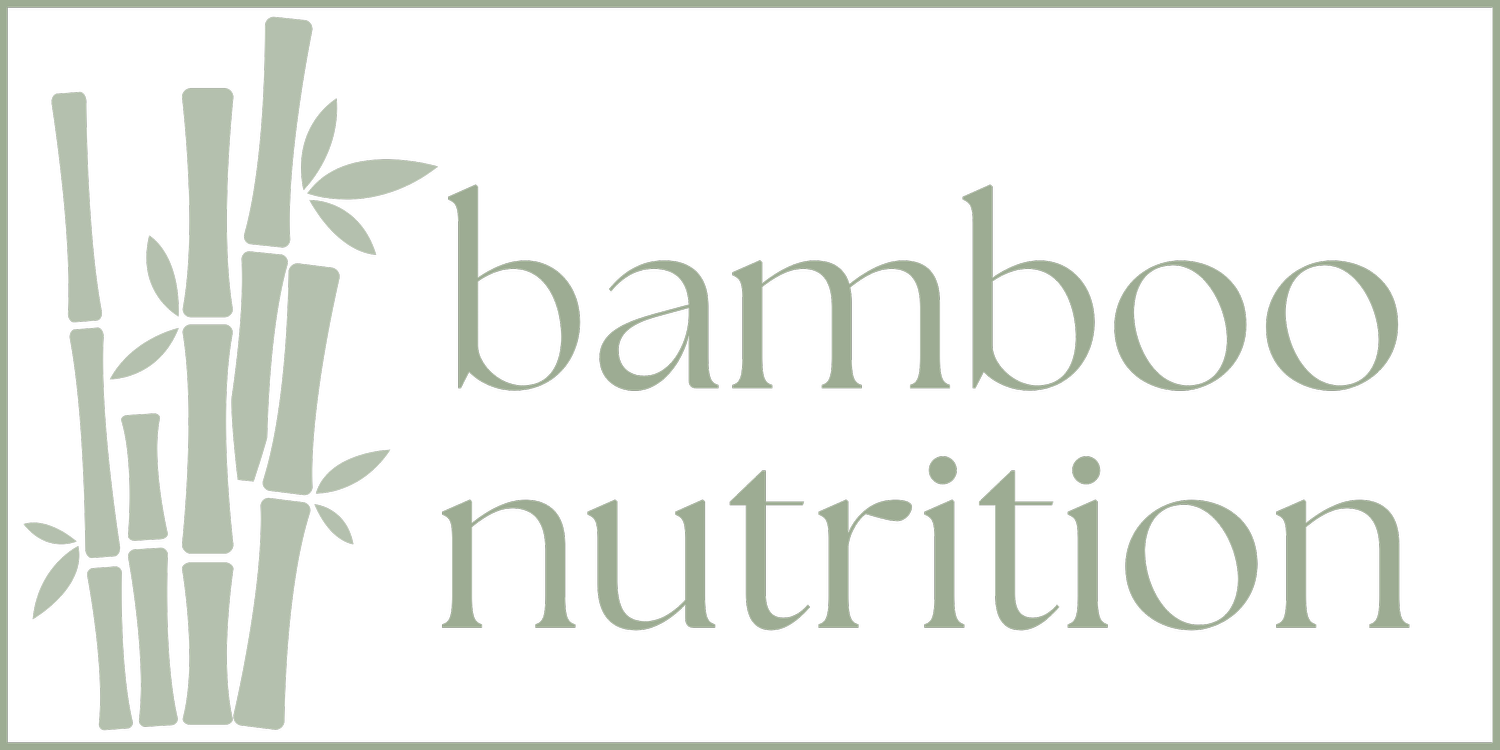This is a common question I get from clients, especially clients who have been dieting for many years. It can be really difficult to feel the difference between intuitive eating and a diet in the beginning. As you begin learning how to become an intuitive eater you may feel as though you are “abusing the rule book” or possibly “failing” another diet.
I assure clients that with intuitive eating there is no rule book and it is not possible to fail.
The main difference between a diet and intuitive eating is the sense of control. It may feel like you’re in control on a diet, but really, the food and the diet routine itself is the one in control. You are a slave to the limitations and restrictions that the diet places around food. Intuitive eating puts you in the drivers seat. It offers you the control and freedom to eat whatever you’d like whenever you need. There are no limitations or restrictions. No time frames that you must eat between. You are in control when you are an intuitive eater.
The subconscious dieter, inside all of those who have been on many diets before beginning to learn to eat intuitively, may slip out more than once in the beginning of your new anti-dieting journey. What is the subconscious dieter? It is the one telling you to restrict, to eat like it is the last time you will have certain foods, the one telling you to go 20 minutes longer on the stair stepper. When you are practicing eating when you’re hungry and stopping when you’re full, the subconscious dieter is the one telling you that you are full all the time or that you may feel hungry but its not really necessary that you eat. The subconscious dieter is a hard voice to quiet down. It may always be there, those precipitating thoughts and feelings will come every so often but what matters is how you respond to them.
Is intuitive eating another diet? It is not meant to be a diet, but the opposite of a diet. However, if you allow your subconscious dieting mind to take the wheel, intuitive eating may very well feel like another diet.
Remember, you cannot fail at intuitive eating. It takes time and no one is perfect all the time. Be kind to yourself as you retrain your mind to eat freely without guilt or other emotions. Eventually you will be stronger than the subconscious dieter voice and when those thoughts and urges arrive, you will quickly be able to refute them and move on.






